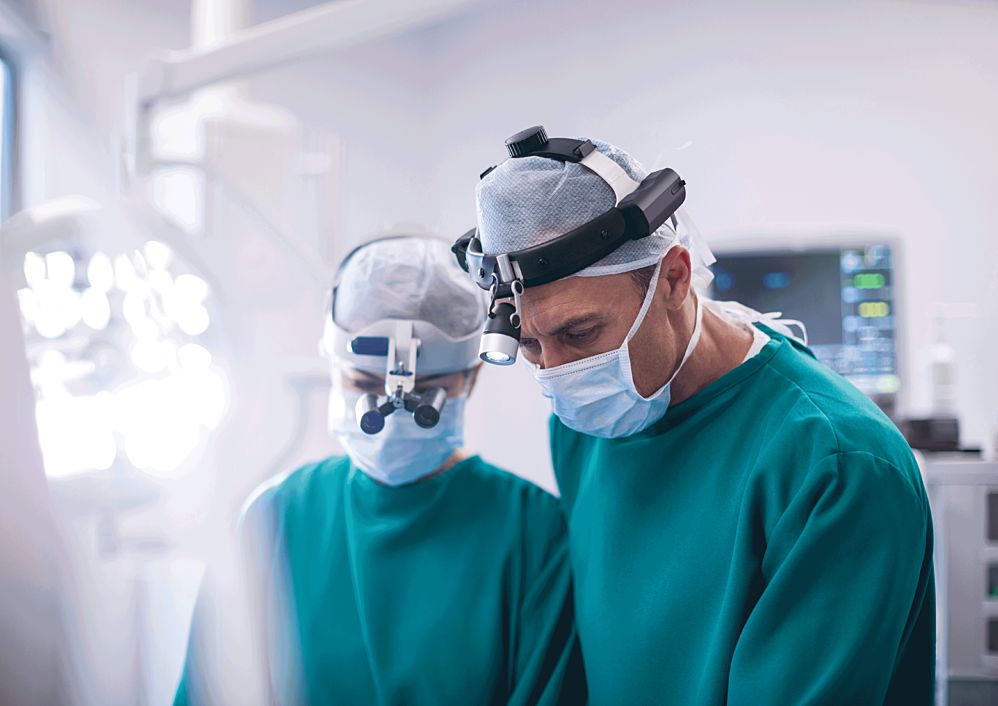
The study revolves around a specific DNA repair complex formed by the proteins PMS2 and MLH1, also known as Mutl_Alpha, which is crucial for correcting DNA errors.

USA Health provides expert care for people experiencing medical conditions involving the nervous system who need a neurologist in Mobile, Alabama.
Call 251-660-5108At USA Health, our team consists of neurologists and other specialists who care for patients with neurological issues, as well as teach and train other medical professionals. The care we provide patients is driven by the latest research and a strong desire to provide relief and hope to people living with brain or nervous system conditions.
We offer consultations, diagnosis and treatment plans based on the unique factors presented by each patient and based on years of experience that come from treating the most complex cases. Treatment often includes aggressive management of the disease through medication, therapy or a combination of these.
Our physicians are also educators in the Frederick P. Whiddon College of Medicine at the University of South Alabama. Visit the Department of Neurology to learn about its academic mission, residency and fellowship programs.
USA Health offers advanced neurology care and specialty services for people living in the Alabama, Florida and Mississippi coastal region.
USA Health is proud to be home to the new Kelly Butler ALS Center, a multidisciplinary clinic where patients can meet with professionals from a variety of disciplines during a single appointment.
Through SouthCEP, our Comprehensive Epilepsy Program, USA Health neurologists offer diagnosis, medical management, surgery and investigative therapies to individuals with epilepsy.
Our multiple sclerosis care is led by neurologists who are experts in the diagnoses and management of multiple sclerosis.
We use a multidisciplinary approach to treat movement disorders such as Parkinson’s disease, Huntington’s disease, tremors, dystonia, Tourette’s syndrome and restless leg syndrome.
We have three pediatric neurologists on staff who treat both common and rare neurological issues that children face, including epilepsy, cerebral palsy, muscular dystrophy and more.
USA Health provides the region's most advanced stroke care at the Stroke Center on our University Hospital campus. If you or someone you know is having stroke symptoms, call 911 immediately.
The Epilepsy Monitoring Unit (EMU) at University Hospital allows neurologists and other epilepsy specialists to monitor patients more closely, so a more advanced diagnosis and treatment can be developed.
Learn moreOur neurologists possess a level of expertise across a diverse spectrum of neurological diseases and disorders.
Alzheimer’s is a specific kind of dementia marked by a progressive loss of memory and other cognitive abilities.
This condition results from a weakened blood vessel in the brain that begins to bulge. If the vessel bursts, it can cause a life-threatening stroke that requires immediate medical attention.
Abnormal growths of tissue on the central spine or brain may be benign or malignant. If the tumor is malignant, we partner with the cancer specialists at Mitchell Cancer Institute for treatment.
In this neurological disorder, brain activity becomes abnormal, causing seizures, periods of unusual behavior and sometimes loss of awareness.
Any of a group of neurological disorders—such as Parkinson's disease—marked by abnormal, uncontrolled movements in a person’s body may be classified as movement disorders.
With this chronic disease, the body’s immune system attacks the layer of tissue that protects nerve fibers. The damage that occurs prevents the brain from properly sending signals throughout the body.
This group of disorders affect the nerve cells, or neurons, that control voluntary muscle movement. Multiple sclerosis (MS) is one such disease.
While there is no cure for Parkinson's, a long-term degenerative movement disorder that affects the central nervous system, we offer treatment to improve symptoms.
Damage to the spinal cord, resulting from physical trauma or non-traumatic causes such as infections, can affect temporary or permanent symptoms that vary from numbness to paralysis.
The most severe type of stroke occurs when a blood vessel in the brain ruptures. It may be caused by an aneurysm or an arteriovenous malformation (AVM).
Accounting for over 85 percent of all strokes, ischemic strokes result from blockages, such as a clot, in a vessel that supplies blood to the brain.
These vascular anomalies are present at birth and occur when veins or vessels cluster abnormally. They can show up at different ages.
At USA Health, we use groundbreaking therapies and treatments to help our patients. Individuals with movement disorders benefit from deep brain stimulation (DBS) surgery. Botulinum toxin (Botox) can provide relief to certain patients suffering from cerebral palsy. Advanced seizure detection software helps to pinpoint the moment an epileptic seizure begins in patients. Novel immunotherapy drugs are being used to treat patients with multiple sclerosis (MS), which occurs when the body's immune system attacks and destroys healthy tissue by mistake.
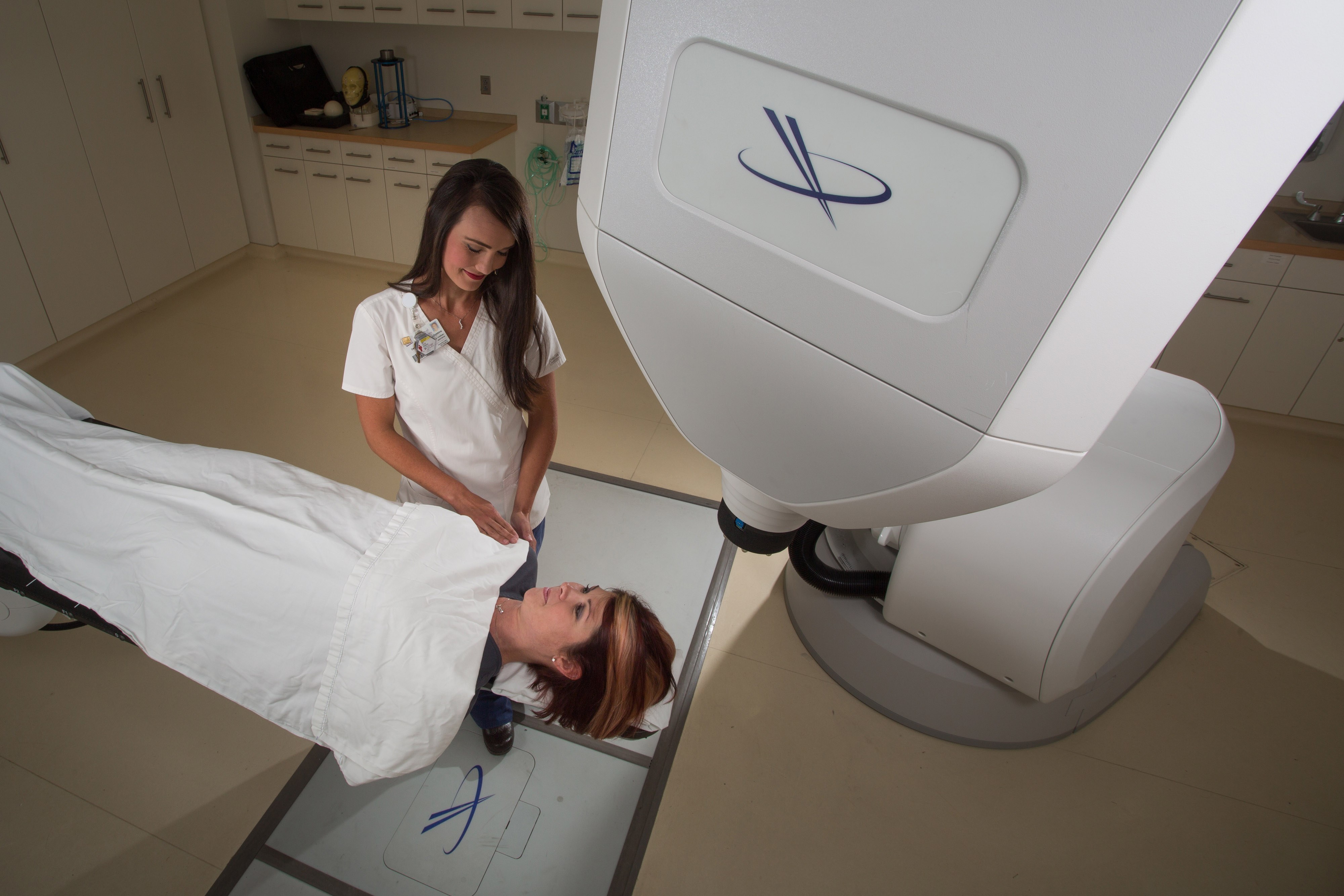
When facing a disease or disorder of the brain or nervous system, it’s critical that the neurologist have a detailed and accurate understanding of what’s happening in your brain. At USA Health, our neurology specialists have state-of-the-art tools at their disposal to help them diagnose and treat neurological diseases and disorders. These tools and studies include:
Meet the skilled healthcare providers specializing in treatments for the following neurological conditions.
In cases where surgery may be required, such as aneurysms, brain or spine tumors, epilepsy or disc issues, USA Health neurosurgeons are specially trained to use the latest technology and apply the most effective techniques available.
When our neurologists discover a malignant brain tumor, they work together with the most experienced oncologists in the region to find an appropriate course of treatment.
Pediatric neurology and neurosurgery are among of the many advanced services that we provide at Children’s & Women’s Hospital to help us care for children across the Gulf Coast.
The study revolves around a specific DNA repair complex formed by the proteins PMS2 and MLH1, also known as Mutl_Alpha, which is crucial for correcting DNA errors.
“Practicing in an academic health system can provide advantages to see patients with different levels of acuity as well as provide solid support for clinical and basic research,” said Ting Wei, M.D., Ph.D.
A board-certified and fellowship-trained pathologist, Bahaaeldin Youssef, M.D., brings a passion for teaching and research to USA Health and the Frederick P. Whiddon College of Medicine.
Join USA Health for the ALS walk in support of the Kelly Butler ALS Center! Participation is free and we encourage you to create a fundraising team to drive more awareness and donations!
Our calendar lists special events and regularly scheduled classes separately. To display a list of upcoming classes, select the "Classes" option above or visit Events, Classes and Support Groups at USA Health.

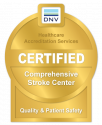

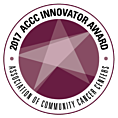


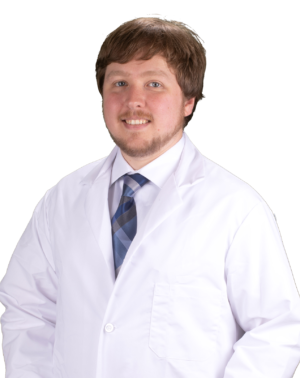 View Profile
View Profile View Profile
View Profile View Profile
View Profile View Profile
View Profile View Profile
View Profile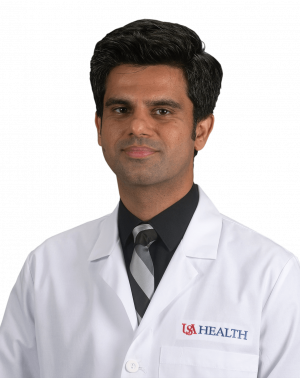 View Profile
View Profile